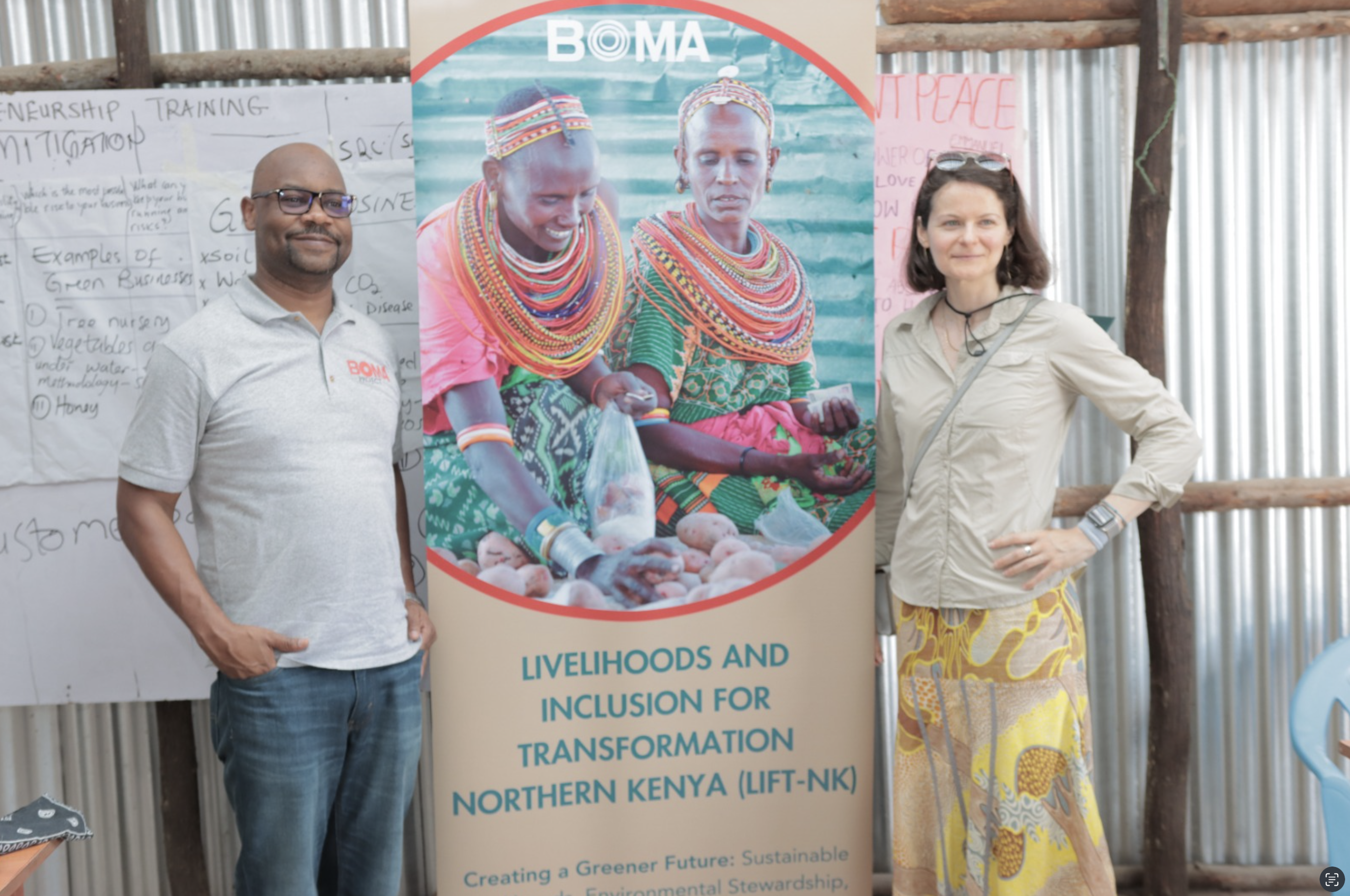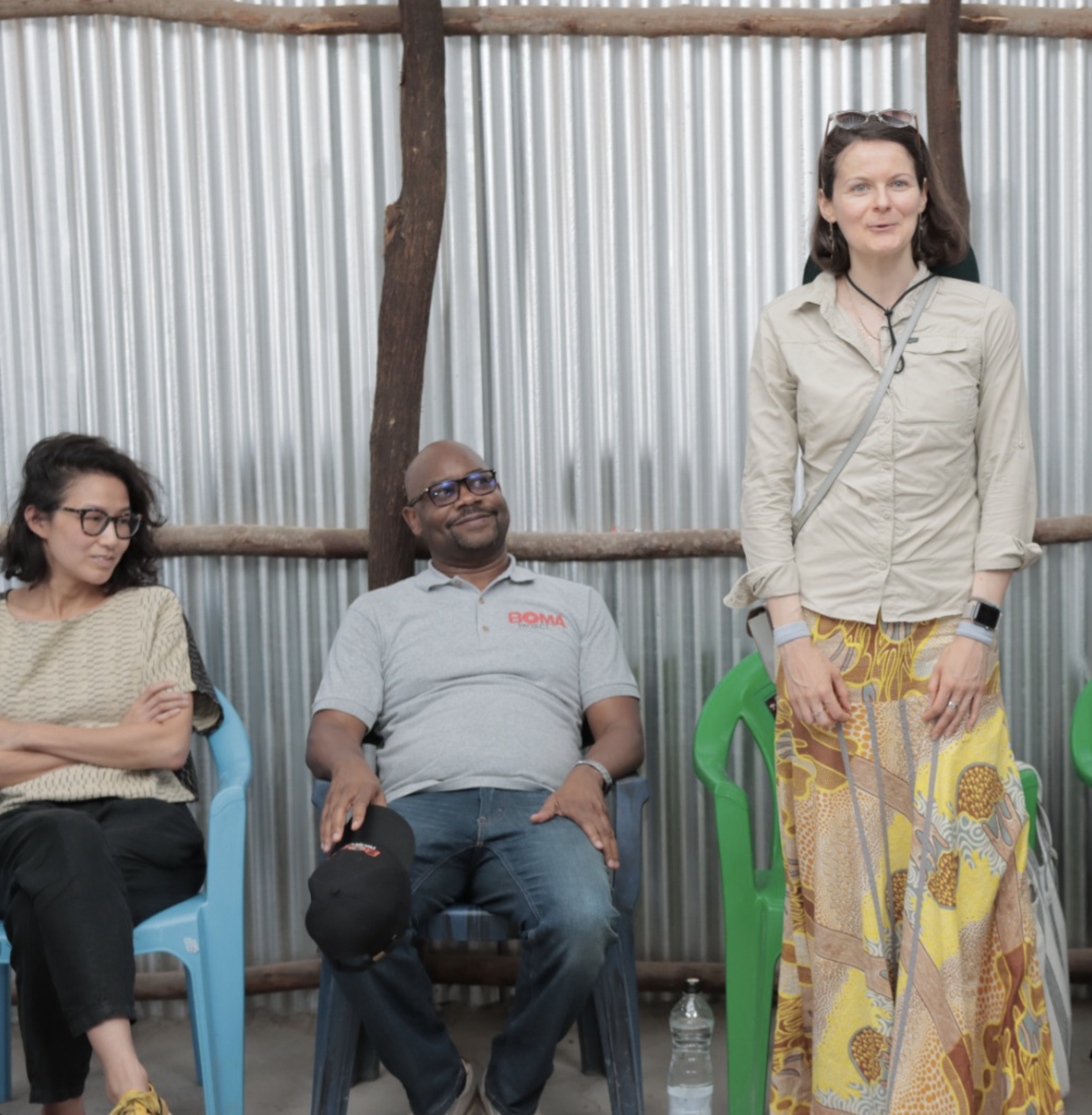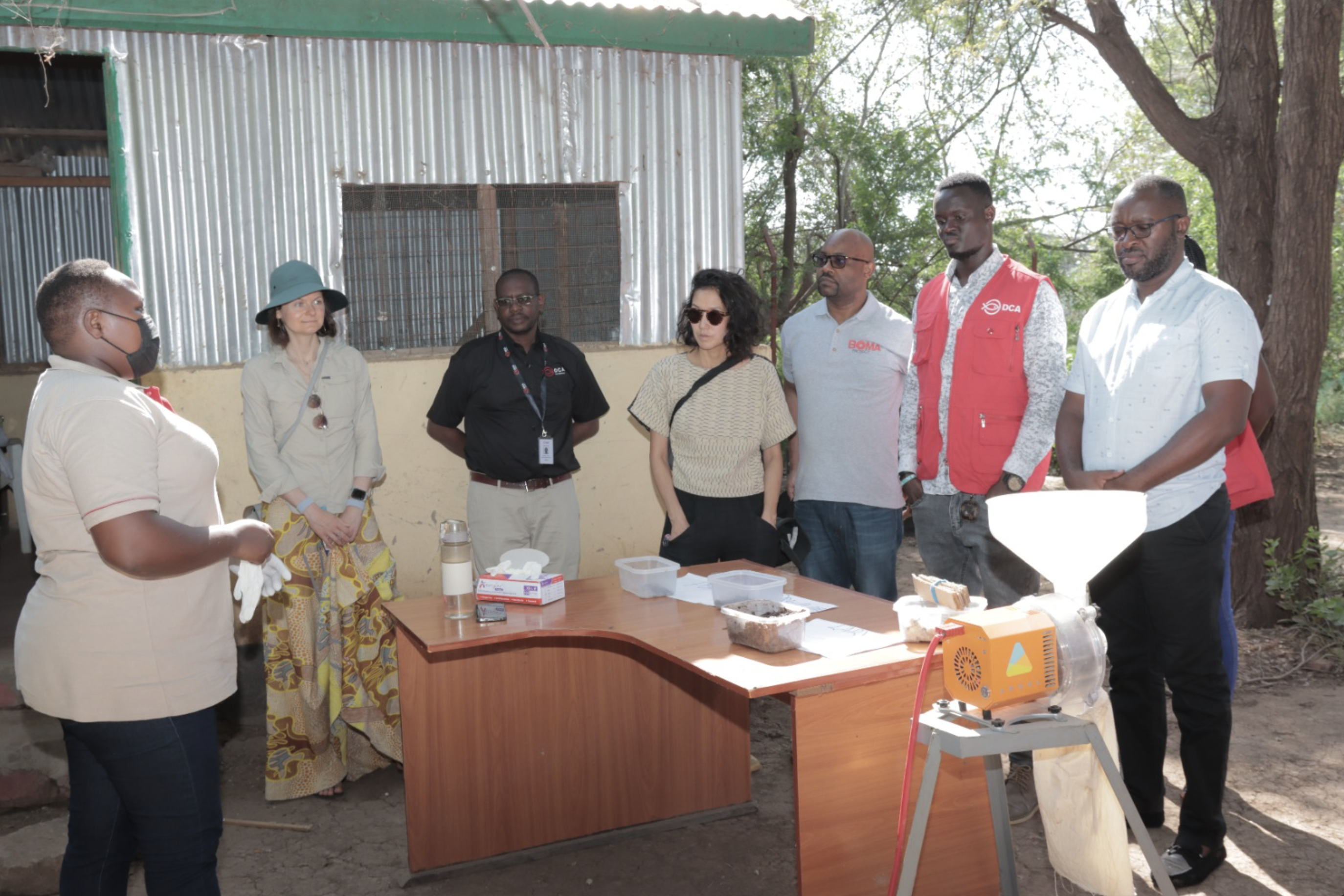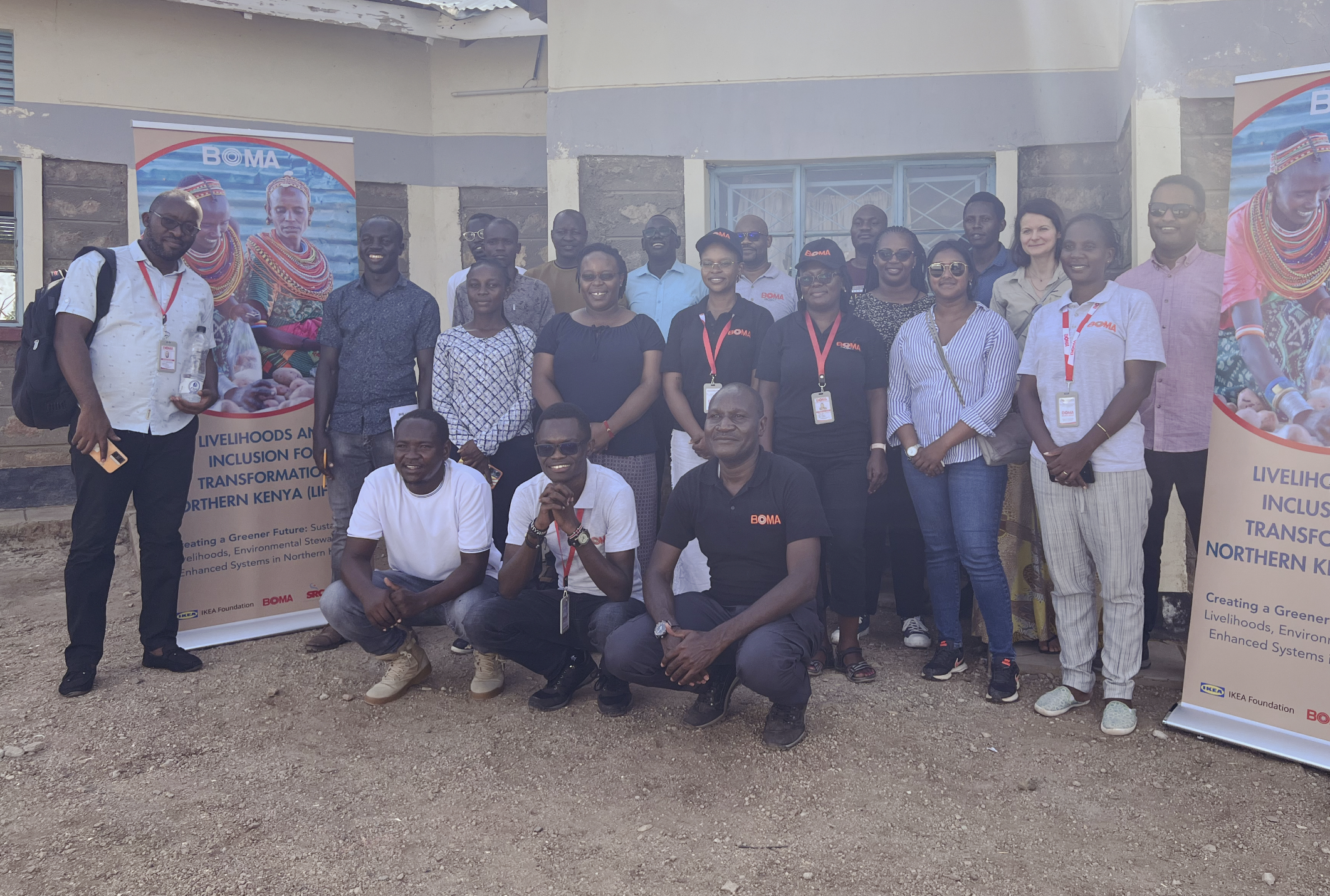Uplifting Refugees and Host Communities
LIFT Northern Kenya Commences in Kakuma Refugee Camp
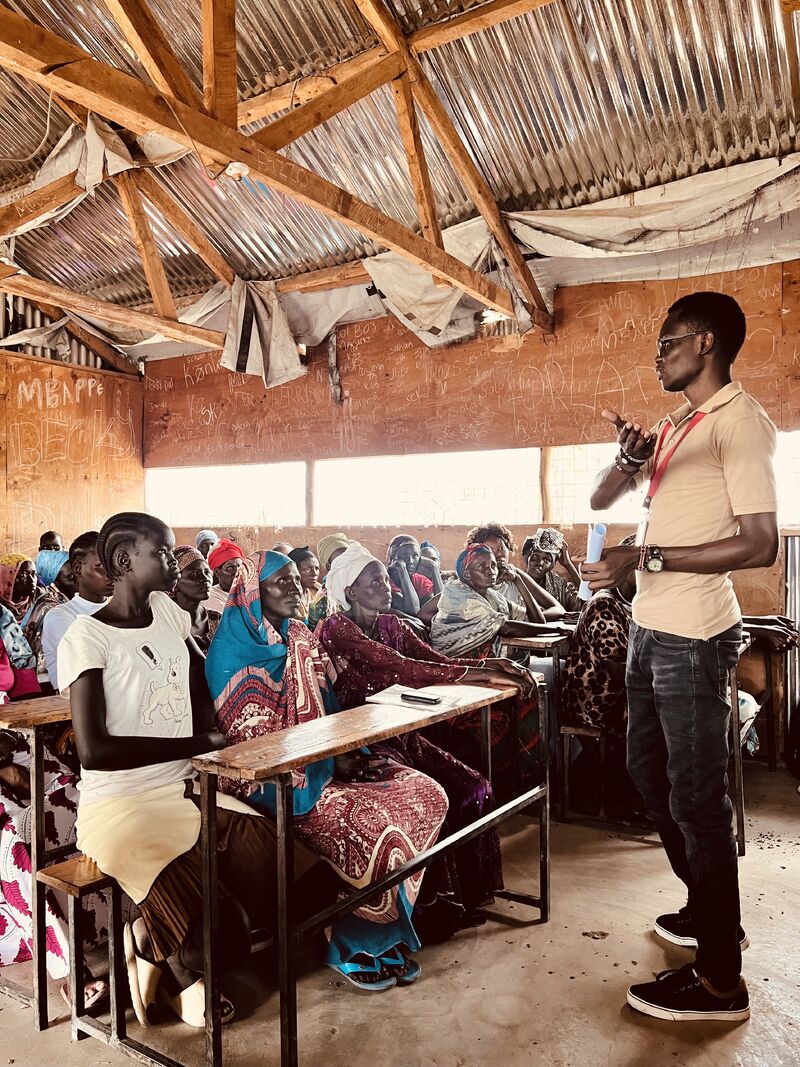
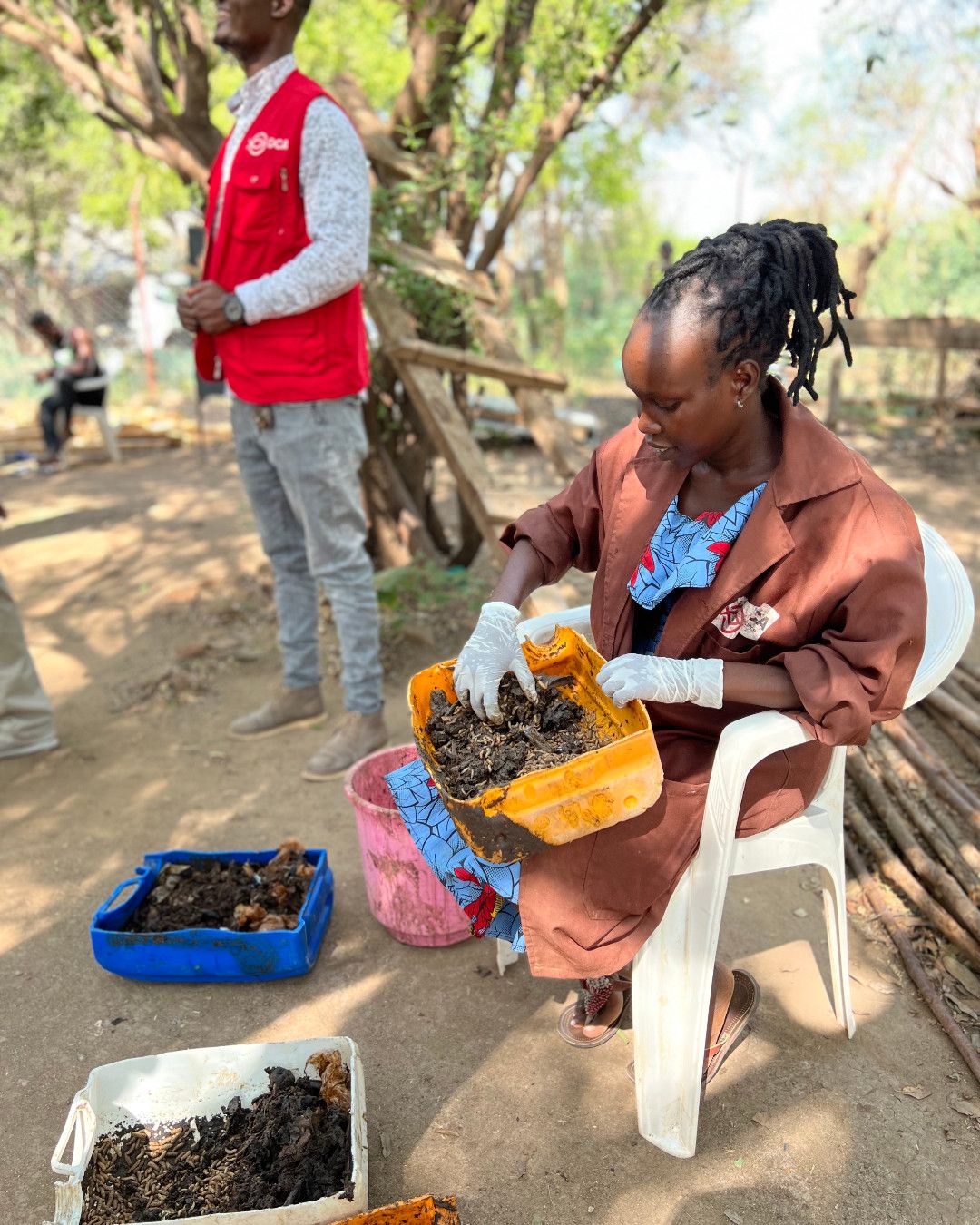
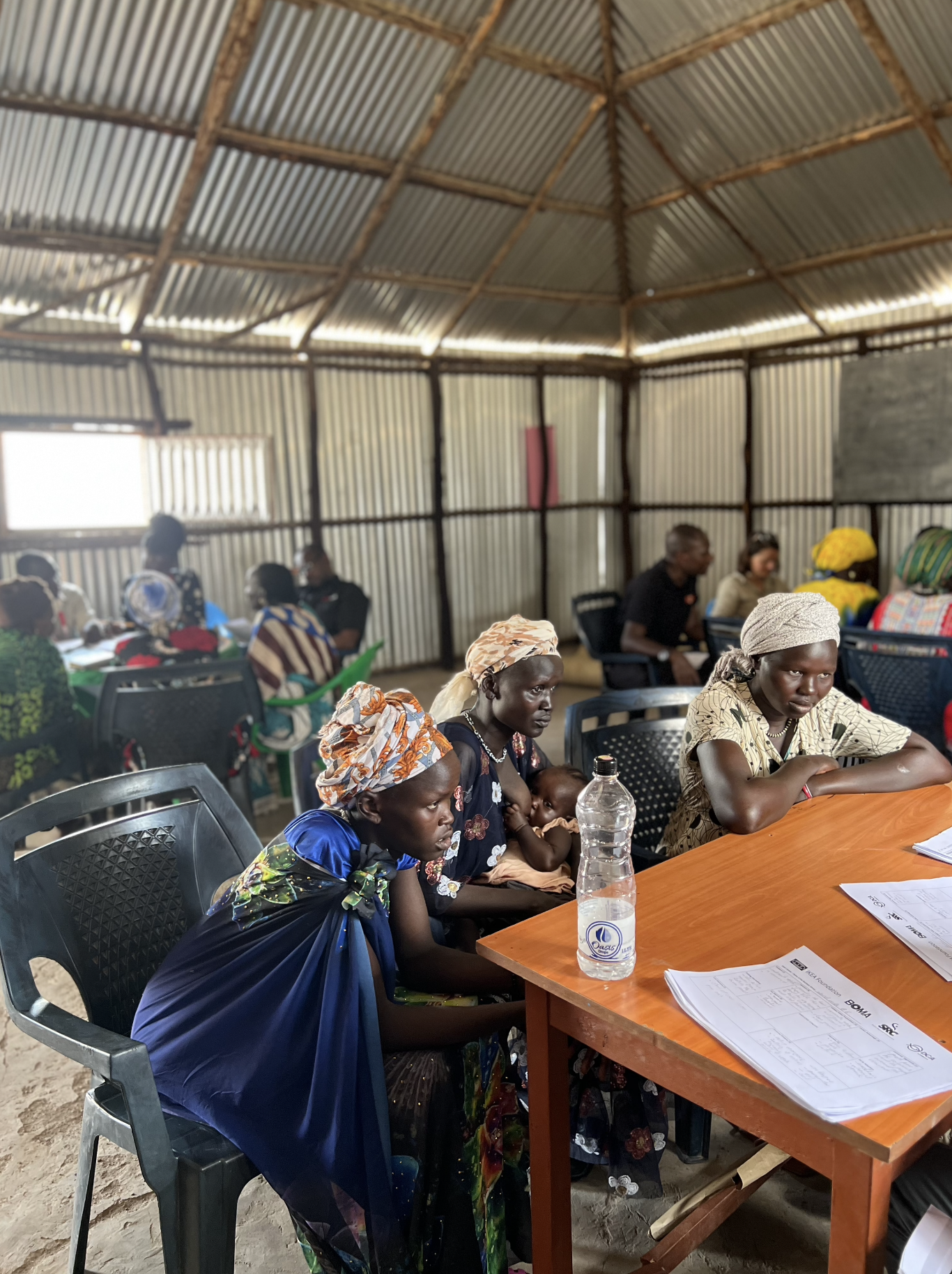
Supported by the IKEA Foundation, BOMA, Smart Regional Consultants (SRC) and Danish Church Aid (DCA) have teamed up to transform the lives of those most impacted by the climate crisis by delivering vital livelihood opportunities in Northern Kenya. Implemented in partnership with respective county governments and local community organizations, this initiative is ultimately expected to benefit more than 93,000 people in Northern Kenya over two years.
Severe and devastating drought — brought on by the climate crisis — has impoverished much of Africa’s drylands, including Northern Kenya. Vital sources of income including livestock and crops have been decimated, as have critical forest ecosystems. Together, BOMA, SRC and DCA, with IKEA Foundation’s support, will empower local communities to develop sustainable livelihoods while protecting their natural resources.
This new initiative, known as Livelihoods and Inclusion for Transformation in Kenya (LIFT), will catalyze opportunities for 15,600 people living in extreme poverty. LIFT will focus particularly on women, youth, refugees, and displaced people, supporting them to launch and build 3,650 environmentally friendly enterprises in Samburu and Turkana counties, Kenya.
LIFT is using BOMA’s Green REAP approach to transform lives. Green REAP focuses on building climate resilience while also working to end extreme poverty. Through this sustainability-driven approach, participants are empowered to launch “green” businesses, contribute to local conservation efforts, and engage in climate mitigation strategies such as purchasing water tanks. These “Green” enterprises will empower program participants to lift their families out of extreme poverty while protecting critical natural resources.
Refugees, displaced persons, and members of the community around Kakuma Refugee Camp and Kalobeyei Refugee Settlement will make up 30 percent of LIFT participants — 3,200 refugees and 1,750 members of the host community. Beyond enabling these populations with green livelihoods, LIFT will also seek to enhance the ability of these groups to conduct business by promoting structural and cultural change.
The program officially kicked off in June with the first LIFT Northern Kenya Boot Camps being carried out with participants in Kakuma and Kalobeyei. These boot camps provide an intensive introduction to BOMA’s Green REAP approach and what participants can expect during their enrollment, the business and financial skills that will be covered in mentoring and workshops, and expectations for graduation.
Boot camps for the remaining LIFT participants in Samburu and Turkana counties continues into Quarter Three, with the distribution of jump grants to follow. Each boot camp concludes with participants pitching their green business ideas to program staff, based on what they’ve learned during the week of intensive training. Businesses that have a positive or regenerative impact on the environment are granted full funding during the jump grant distribution phase, and businesses with a neutral impact receive base funding. Business proposals that will have a negative impact on the environment are not approved but rather sent back for reconfiguration.
These grants — supplemented with a mobile phone and relevant trainings from BOMA mentors — are the first step in launching the 3,650 green enterprises anticipated under LIFT.
What does a green enterprise look like? For many BOMA participants this includes kiosks, groceries, and more. As we prepare to launch the LIFT Northern Kenya program, however, new and innovative enterprises including insect farming are being introduced by our partners DCA and SRC.
LIFT builds upon an initial pilot of BOMA’s climate-adapted approach, known as Green REAP. This was conducted with support from Whole Planet Foundation and the Climate Justice Resilience Fund in Samburu County, Kenya from 2019 to 2021. The successful Green REAP pilot demonstrated that, after two years of implementation, 60 percent of participants had shifted away from destructive livelihoods such as charcoal harvesting and into sustainable enterprises. These included tree nurseries, beekeeping, and soil-restoring aloe farms. Furthermore, 60 percent of participants joined local community conservation groups and more than 30,000 tree seedlings have been planted to help restore and create healthy ecosystems.
To further our understanding of Green REAP’s impact, BOMA and the IKEA Foundation are partnering with researchers from Innovations for Poverty Action (IPA) to conduct an independent randomized controlled trial to evaluate the effectiveness of this climate-focused approach for future expansion. So far, IPA has completed their baseline study, which covers areas where Green REAP is being implemented and areas where BOMA’s standard REAP approach is being implemented.
Angelica and Terezi’s journey from hardship to prosperity exemplifies the power of resilience as well as the transformative impact of the KSEIP initiative.
Both women had faced several challenges in their life prior to their enrollment in KSEIP and thus the launch of their business. They have not forgotten the days of drought when they went to bed hungry and filled with desperation for better opportunities. Their wish became reality when they were selected to enroll in KSEIP, presenting them with the opportunity to build a better life for themselves and their families.
Angelica and Terezi embraced the vegetable business with steadfast determination, a familiar undertaking as both women had some farming experience. Guided by their mentor, Eugene Mwakio, they embarked on their journey to cultivate a variety of vegetables. This business held a promise of a brighter future, a chance to rise above their challenging circumstances.
Their journey was not without trials, however. Caterpillars devoured the group’s precious kale and pesky squirrels feasted on their capsicum, leaving the women of Lumweri Business Group ready to give up. Thankfully, the group’s members came together to persevere. The women sought advice from friends, tested various remedies, and finally found success using pepper and garlic, which eradicated the pests.
“There’s something about working as a team of two or three,” Angelica explained. “If I was alone, I would have given up.”
Water scarcity presented another formidable challenge. Every day, the women braved long distances to fetch water. During the drought, they were faced with the loss of their donkeys that once helped carry the water. With support from their mentor Eugene, Angelica and Terezi adapted to use wheelbarrows to collect the water that was essential to the success of their crops — and thus their business.
Together at the Start
BOMA was joined by representatives from IKEA Foundation, Whole Planet Foundation, Smart Regional Consultants, and Danish Church Aid (DCA) for the launch of LIFT Northern Kenya in Kakuma Refugee Camp and Kalobeyei Refugee Settlement in June. The delegation visited various groups of participants undergoing BOMA’s boot camp and also witnessed climate-smart interventions being pursued by DCA including poultry farming, fish trading, and insect farming. The visit concluded alongside the week-long boot-camp with the judging of business proposals presented by the participants. Using BOMA’s green scoring tool, LIFT staff and members of the delegations verified that all planned businesses would have a positive or at least neutral impact on the environment.

